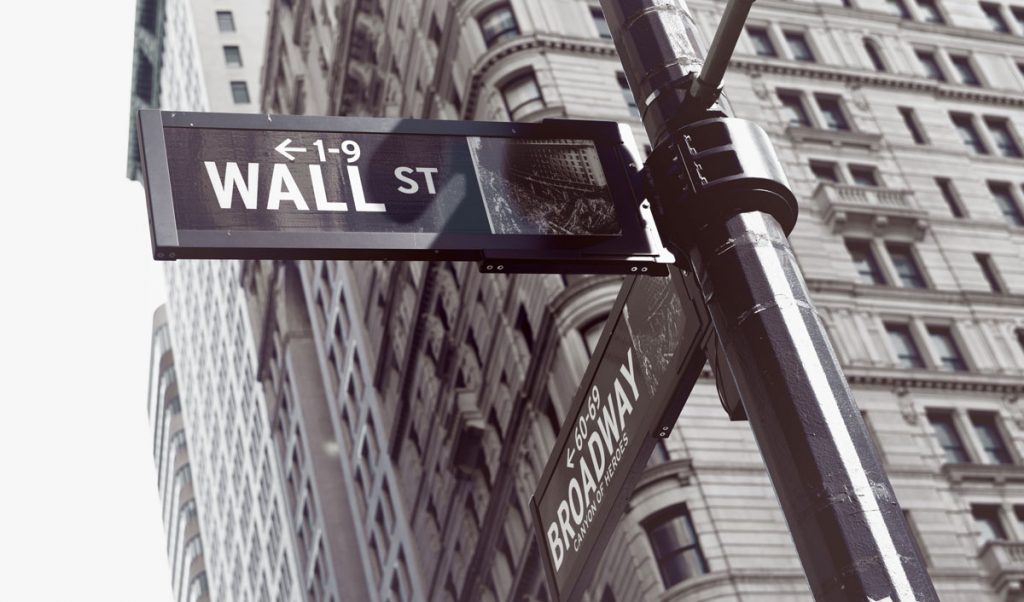 When it comes to bonuses on Wall Street, a distinct pattern has begun to develop since the financial crisis: Traders are not getting the gravy anymore.
When it comes to bonuses on Wall Street, a distinct pattern has begun to develop since the financial crisis: Traders are not getting the gravy anymore.
And it’s not just bank traders who are feeling a little less wealthy. It’s hedge fund traders, too.
By contrast, dealmakers at Wall Street’s top banks—along with those working for private equity firms and mammoth asset managers like Fidelity—can look forward to frothy payouts during this year’s bonus season, according to Wall Street headhunters and compensation experts.
“Dealmakers and the asset managers have recaptured where they were pre-crisis,” notes Alan Johnson, a compensation consultant whose New York firm, Johnson Associates Inc., just issued its annual report on bonus levels across Wall Street by industry segment. However, he hinted that traders appear to have lost some ground permanently.
“When you adjust for inflation, the pay for bank traders and even many hedge fund traders is as low as it’s ever been,” he tells Newsweek. “We hear that the average American hasn’t had a big increase in pay since the credit crisis. The same is true for many of them.”
Although top-performing traders at hedge funds will continue to rake it in, trading desks at the big banks are no longer throwing off the same kind of cash they did pre-crisis. Stock traders, as well as fixed-income traders who focus on wealth preservation, particularly at banks, are expected to see their bonuses slide by as much as 10 percent this year, according to the Johnson Associates report, released Monday.
Fixed-income traders had it the worst: This year’s projected drop follows last year’s dive of as much as 15 percent.
Stock traders’ bonuses last year, by contrast, rose 5 to 15 percent, arguably setting them up for a bit of a correction this year.
While some of the trouble stems from spurts of volatility in the market this year, including October’s big swoon, larger trend seems to be afoot, says Michael Goodman, founder and managing partner of New York-based Wall Street headhunting firm Long Ridge Partners (and no relation to this article’s author).
“Capital market activity has migrated away from banks and toward the hedge funds,” he says. “The money has moved to the buy side, specifically hedge funds, which tend to be more nimble than the banks.”
While hedge fund traders are expected to earn more during the 2014 bonus season, they won’t match their 2013 bonuses, according to Johnson’s report.
Bonuses will be as much as 5 percent higher for hedge fund traders this season, but some will fall by as much as 10 percent due to the market drops. Compare that with the 2013 season, which saw bonuses increase 15 percent on the year, according to data from Johnson, who has issued an annual Wall Street bonus report since 1998.
“The percentage of bonuses at funds has stayed the same, but the amounts will go down slightly, due to market returns,” Goodman confirms.
By far, the biggest bounce in bonus growth this year will be enjoyed by the investment banking community. Both it and the private equity crowd can expect 10 to 15 percent higher bonuses—private equity reaped a 10 percent gain last year, while investment banking took a hit of 5 to 10 percent in 2013—according to Johnson’s report.
Mutual fund managers and other asset managers are seen getting increases of 5 to 10 percent in 2014, on the back of a boost of 15 percent or more in 2013, according to Johnson’s report, which gathers data from both public filings and private interviews with decision-makers at dozens of financial institutions, he says.
“You could argue the changes that we’re seeing are exactly what Washington wanted: less money from high-risk trading at big banks and hedge funds and more money from firms like Fidelity that rely on the business of ordinary Americans,” Johnson tells Newsweek.
Other sectors that are expected to do well during the 2014 Wall Street bonus season are underwriters at investment banks—up 5 to 15 percent, compared with a similar range last year—as well as high-net-worth investors, who can expect a similar jump after doing well last year too.
Looking ahead to 2015, both Johnson and Goodman see an uphill battle for all but the most exceptional traders.
“We’ve been in a malaise here for three or four years, and you can’t just blame it on a bubble or the credit crisis anymore,” says Johnson. “The general paradigm for mere mortals used to be, if you go to Wall Street you’ll make money. That’s not necessarily the case anymore.”’
Originally published on NewsWeek. View the original article here.
